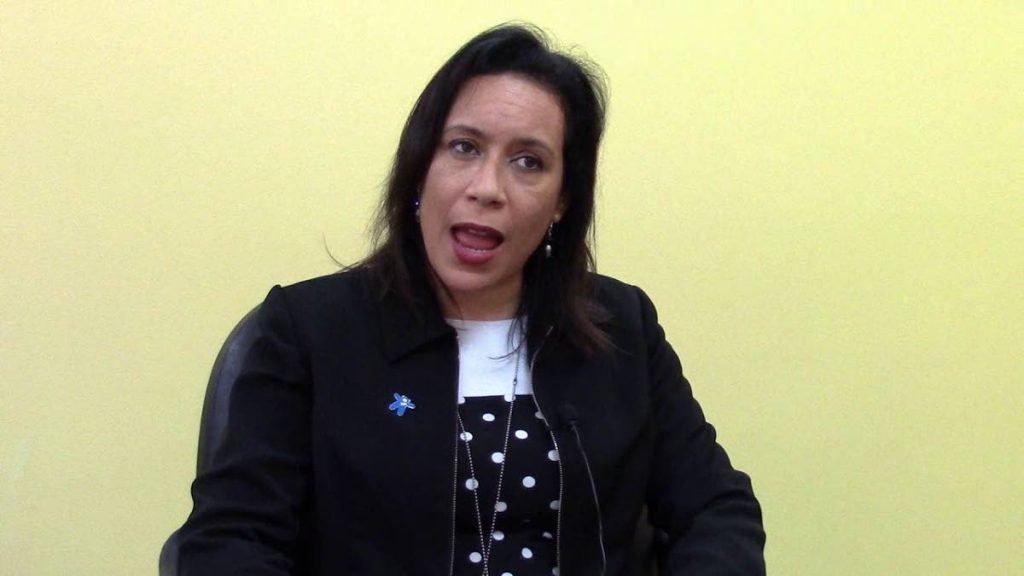Venezuelan migration an issue for the Caribbean

NATURAL disasters, disease epidemics and the migration of Venezuelans were some of the emergencies facing Latin America and the Caribbean, says United Nations Population Fund liaison officer Aurora Noguera-Ramkissoon.
“The Latin American and Caribbean regions continues to face adverse emergencies whether it’s the natural disasters...the armed conflicts or unconventional violence or the chronic violence, epidemics such as Zika and malaria and we also witnessing the migration of many Venezuelans to our territories.”
She was speaking on Thursday at a ParlAmericas symposium Gender, Health and Climate Change: Promoting Response and Sustainable Planning held at the Parliament Building, Port of Spain.
In TT there has been an influx of Venezuelans entering the country legally as well as an increase in the number of Venezuelans seeking refugee status or being arrested for entering the country illegally.
In response to United Nations condemnation of the deportation of 82 Venezuelan nationals, including those who were asylum seekers, in April Prime Minister Dr Keith Rowley declared he would not allow UN spokespersons to convert this country into a “refugee camp.”
Noguera-Ramkissoon said the Latin American and Caribbean region was highly vulnerable to natural disasters and for the period 2003 to 2017 there were 300,000 deaths and 70 million people affected. She also said 60 per cent of preventable maternal deaths occurred during humanitarian emergencies and all forms of violence against women and girls peaked during disasters or conflicts.
“Worldwide women and children are up to 14 times more likely than men to die in a disaster hence the importance of discussing the gender dynamics.”
La Brea MP Nicole Olivierre in her opening remarks said climate change affected every aspect of society from the health of the global economy to the health of children.
She said it also impacts on the spread of infectious diseases, quality and availability of water, mortality rates from extreme weather events, mental health, agricultural production and causes disruption of security due to forced migration.
“In short climate is at the core of all the major challenges we face today.”
She said from the presentations on the first day of the symposium it was clear many of impacts of climate change, including health response, showed clear gender differences.
Catharina Cuellar, Pan American Health Organisation Gender and Health Advisor, said the true measure to examine gender equality has to do with political will.
She said Latin America and the Caribbean needs effective and innovative policies that were supported by gender equality architecture based on solid and interconnected institutions, as well as on clear gender mainstreaming and participation policies.
Cuellar said since 1995 there has been uneven progress of gender equality and overall the progress for women’s equality and autonomy was unacceptably slow. She advised government mainstream gender perspectives in sustainable development policies including on climate change, natural disasters, universal health and water and sanitation.


Comments
"Venezuelan migration an issue for the Caribbean"